Bush stump speech raises mining issues
Presidential hopeful unveils plan to limit 'relentless over-regulation' of federal lands; proposes moving DOI headquarters West
Last updated 11/1/2015 at Noon
Republican presidential candidate Jeb Bush has proposed a plan to decentralize federal power over decisions of how best to manage the vast stretches of federal lands in America's West.
"Washington, D.C. needs to acknowledge that people who live on the land in the West are the best stewards of the land. Federal holdings should be valuable recreational and economic assets, not a liability to economic freedom and growth," the former Florida governor wrote in an Oct. 21 post on the subject.
Key among his ideas is to move the U. S. Department of Interior headquarters to the West, where 582 million acres, or 90 percent, of federally managed lands are located. More than 220 million acres, or roughly 35 percent of the nation's total acreage managed by the federal government, are located in Alaska.
While there is an enormous gap between a proposal from a White House hopeful trailing in the Republican primaries and the actual relocation of an enormous federal bureaucracy such as DOI to a western locale such as Denver, Reno or Salt Lake City, the ideas presented by Bush echo many of the federal overreach complaints coming from the resource development sector in Alaska and other western states.
Relentless over-regulation
Bush said the disproportionally large block of federal lands that blanket the West means that people, tribes and businesses that live and do business there are more acutely impacted by the "relentless over-regulation" coming out of Washington D.C.
The Republican presidential candidate specifically pointed to mining as a sector that is being held back by this growing log of federal regulations.
"Minerals and metals mined from western lands are necessary for making computers, cell phones and structural steel," he wrote. "But an overly burdensome federal permitting process means a new mine takes seven to ten years before development can begin. That alone moves responsible mining operations to other parts of the world."
Besides federal regulators under the Interior Department - such as the Bureau of Land Management, U.S. Forest Service and National Park Service - Bush said regulations by the U.S. Environmental Protection Agency Service need to be held in check.
"The over-reaching 'Waters of the United States' rule, for instance, has created great uncertainty among those families that rely on the land for their livelihood," he wrote.
Widely known as WOTUS, this rule drafted by EPA and the U.S. Army Corps of Engineers substantially expands what falls under federal jurisdiction by encompassing added tributaries and neighboring wetlands upstream of waters already covered by federal law.
If implemented, this this broad expansion of the federal Clean Water Act is expected to be especially burdensome for resource development in Alaska.
"Alaska has over 174 million acres of wetlands, and more coastline and wetlands than all of the Lower 48 combined," Alaska Gov. Bill Walker explained.
"This new rule just creates confusion and unnecessary bureaucracy for our state," he added.
Since its release in May, at least 30 states have since filed lawsuits to stop WOTUS.
Alaska and 11 other states joined one such lawsuit spearheaded by North Dakota.
"This final rule will likely have detrimental impacts on development in Alaska," Walker said June 29 when Alaska officials announced that the state had joined the suit against EPA and the Corps. "In addition to being incredibly expansive, the rule is also unclear. It will only lead to more expensive permitting and legal fights over 'what is in' and 'what is out' under the federal law."
In August, a North Dakota judge granted 13 states a preliminary injunction blocking the implementation of the rule; and in early October the U.S. Sixth Circuit Court of Appeals issued an order that expands the stoppage to the entire nation.
Off-limits to humans
Presidential hopeful Bush addressed another issue that is a growing point of contention for the resource development community in Alaska - access to and through federal lands in Alaska.
"Americans should be encouraged, not discouraged, to fish, hike, hunt, camp and recreate on Federal lands. Yet, millions of acres of public land in the West are inaccessible to the public due to historic checkerboard land ownership patterns and inadequate points of entry," Bush noted.
One such case in Alaska has found its way before the nation's highest court.
The U.S. Supreme Court has decided to have the final word on a lawsuit brought by an Alaskan that is fighting the U.S. National Park Service over access to a moose hunting area in Interior Alaska.
"Although not strictly a mining case, John Sturgeon's challenge to the National Park Service's regulation banning private hovercraft on the rivers in the Yukon-Charley Preserve goes to the heart of the perpetual question Alaskans have concerning access across federal lands," J.P. Tangen, an Alaska mining attorney, wrote in a recent column for North of 60 Mining News.
While passing through the Yukon-Charley Nation Preserve in route to his hunting spot in 2007, Sturgeon pulled his hovercraft on a sand bar. During this maintenance stop, park rangers informed the hunter that hovercraft are not allowed in the preserve.
After a failed attempt to work directly with the Park Service, Sturgeon took the federal land manager to court over his right to use Alaska-owned waterways as a highway to his moose hunting area.
U.S. District Judge H. Russel Holland in Anchorage ruled in favor of the National Park Service and in 2014 the San Francisco-based 9th U.S. Circuit Court of Appeals affirmed the lower court ruling.
With the lower courts ruling in tandem, it looked as if this would be the final word on the Sturgeon case. The Supreme Court justices, however, felt this case deserved further review and has decided to hear the case.
In an Oct. 16 email to Mining News, Sturgeon said these rulings "have given the environmentalists another huge hammer to stop development on state and private lands."
"This case goes far beyond a moose hunter's right to use a small hovercraft on the Yukon River," he added.
While not directly addressing the Sturgeon case, Bush said access to public lands has become a growing problem in the West.
"Conservation implies that people can actually access and responsibly use our land and water, but this administration has consistently made more resources off-limits to human beings," he penned in his position piece. "They are not listening to western communities and the individuals who know western lands best."
Whether or not Interior Department headquarters are moved within earshot of the West, at least one stump speech on the 2016 presidential campaign brought mining and other resource development issues to the forefront.


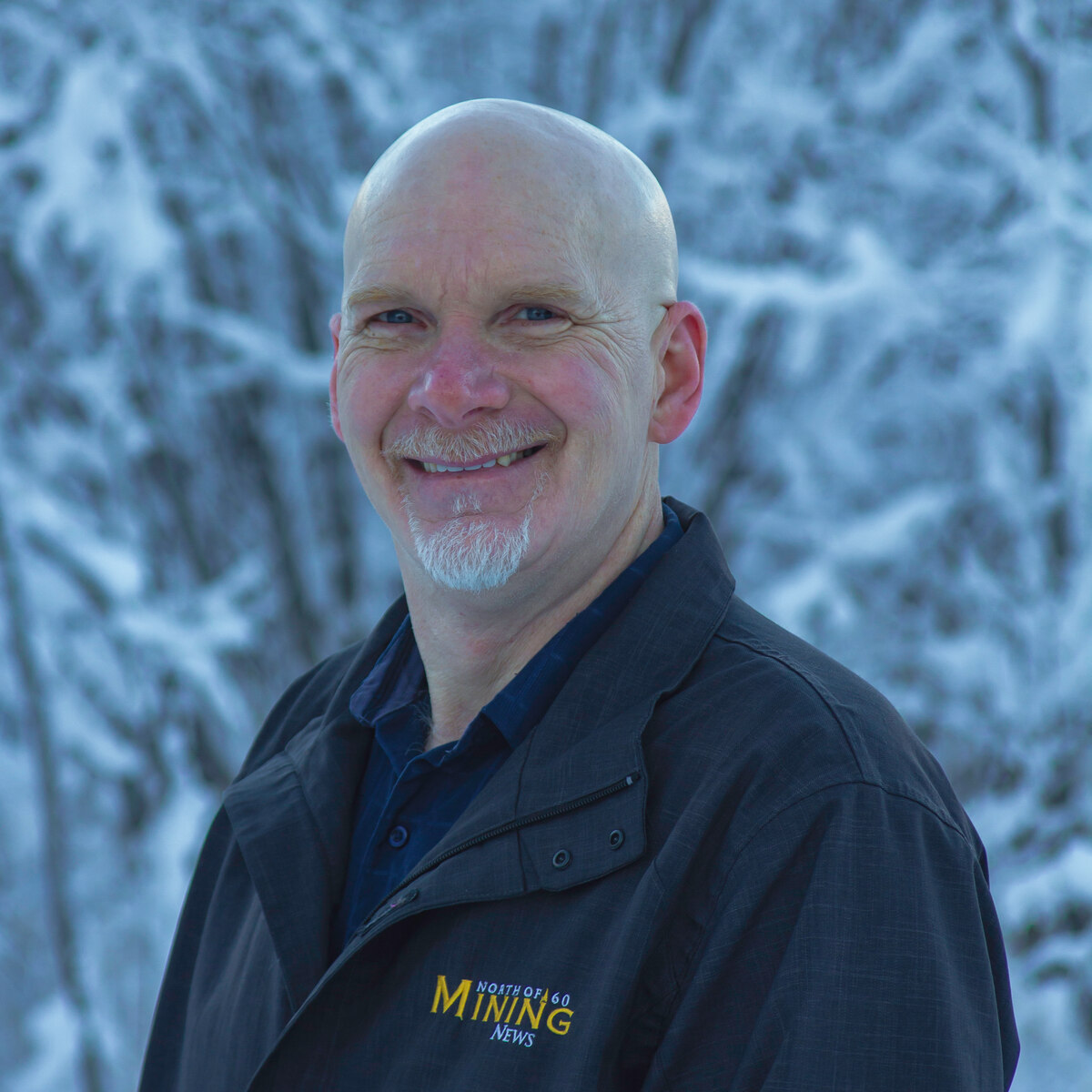





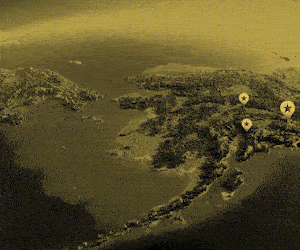
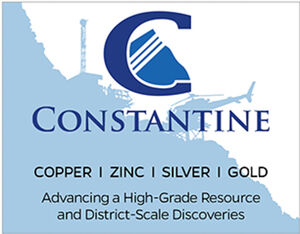
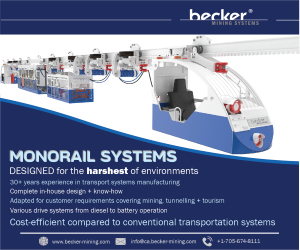


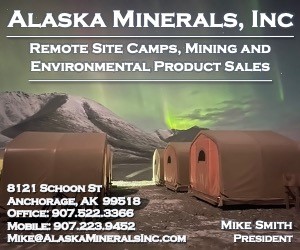
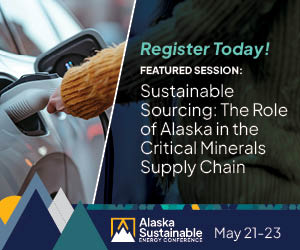
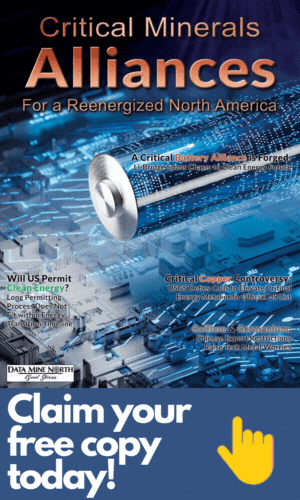


Reader Comments(0)